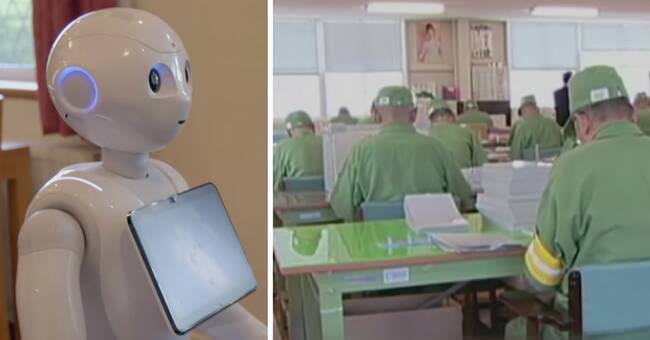I sin nya bok Ensamhetens Århundrade skriver Noreena Hertz om att allt fler upplever sig ensamma i det moderna samhället. Något som får konsekvenser på många plan. Inte minst ökar risken för sjukdom.
– Om du är ensam har du 30 procent större risk för hjärtattack eller stroke och 60 procent större risk för demens. Det är lika illa som att röka 15 cigaretter om dagen, säger författaren Noreena Hertz.
Boken är fylld av exempel och studier från hela världen. I Japan är t ex den snabbast växande gruppen i fängelse pensionärer som frivilligt begår lindriga brott för att få den gemenskap och det sällskap som finns i fängelset. Noreena Hertz pratar också med de som hyr sina vänner på nätet och går till botten med vilka implikationer den nya tekniken får för vår förmåga att upprätthålla sociala relationer.
Opt out of social relationships
New technical solutions such as social media, smart speakers and social robots facilitate certain communication but at the same time create new problems.
Noreena Hertz expresses some concern that the simplicity of technology will make many people opt out of real social relationships for convenience.
Today, for example, there are social robots that can help care for the elderly and take care of children.
- What will it mean at a societal level if we feel that we do not have to take care of each other and be there for our elderly parents.
And what will it mean if our children grow up with robotic friends who do not ask for anything from them, such as reciprocity or courtesy?
Skills that we need and practice when we meet face to face, says Noreena Hertz.
At the same time, Noreena Hertz is not giving up.
In the book, she writes that there are things to do.
Put down the phone, shop locally in a physical store and not least, get involved and help others.
- Helping others makes you less lonely, at the same time as you make a difference in someone else's life.
In addition, it makes you live longer!
A win-win-win, says Noreena Hertz.

